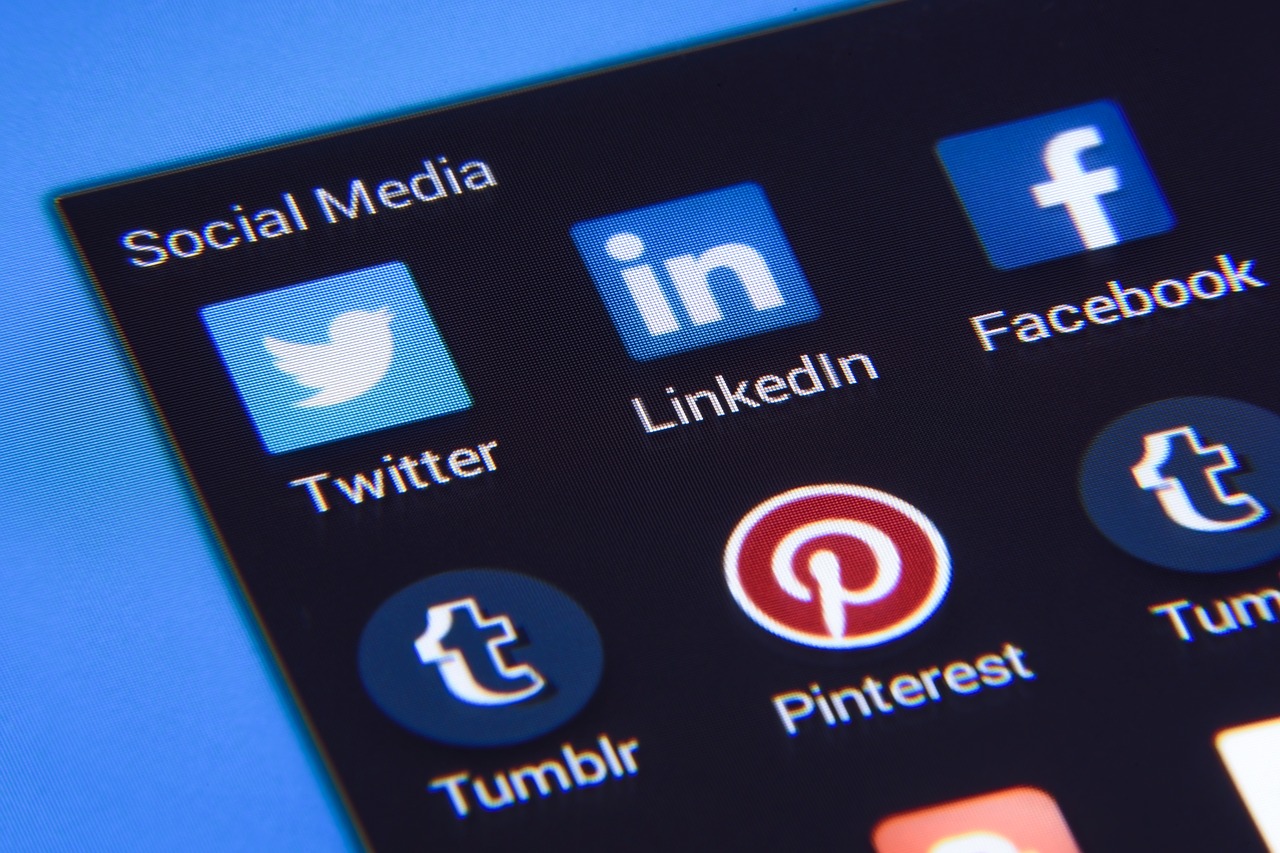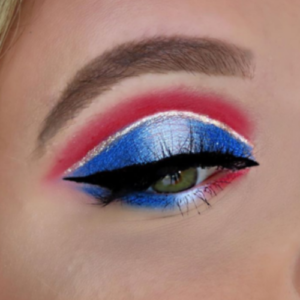The Royal Society for Public Health in Great Britain has found that 91 % of 16 to 24-year-olds use the internet as a means to access social media. A study reports that college students are experiencing more depression and anxiety than any other generation which is insane! It makes me think that teenagers and young adults are spending to much time on social media and not enough time actually enjoying their lives or are too busy documenting them to truly enjoy it.
Instagram and Snapchat have actually been ranked as the worst social media platforms for the mental health of teenagers and young adults. Consequently, many studies point to social media as the culprit for why this demographic is experiencing a decline in happiness, personal well-being, and self-esteem. The use of social media is also correlated with an increased likelihood of developing anxiety, depression, and even insomnia!

Social media has not only become a viable way for people to build and maintain relationships but also serves as an outlet for people to express themselves for better or worse (which could lead others to make snap judgments about your character).
Adolescents and teenagers are now able to market themselves as individual members of society from a younger age than ever before. This is obviously a very powerful tool to have at your disposal especially when you’re so young. The misuse of social media can have its consequences when applying for professional positions. Parents and educators need to make it explicitly clear that what their students or children post online could be damaging to their future and might have consequences later on in life.

Activists for the Young Health Movement and for mental health care, in general, argue that the social media giants including Snapchat and Instagram should be promoting some of the healthier ways to use their platforms. They should also aim to decrease the frequency of potential negatives like cyber-bullying or misrepresentation.
The proposed options to accomplish this would include:
-
Implementing a pop-up system to alert the user when they have been on social media for a time period considered detrimental to mental health. In a survey, 71% of youth supported this initiative.
-
Equipping social platforms to be able to identify users who might be suffering from mental health problems by evaluating the content of their posts and finding a way to advertise treatment methods and support systems in their area. 80% of youth supported this initiative.
-
Interfacing platforms with the ability to detect if an image has been altered or digitally manipulated in any way. 68% of the youth supported this initiative.

I encourage you to watch this video on YouTube to learn more about the Young Health Movement in Great Britain and to start using their adopted hashtag #StatusofMind.
Would you support any of these initiatives? I’d love to hear from you!










 @myersbagelsbtv sesame
@myersbagelsbtv sesame 


 Sweet Thai chili roasted te
Sweet Thai chili roasted te


